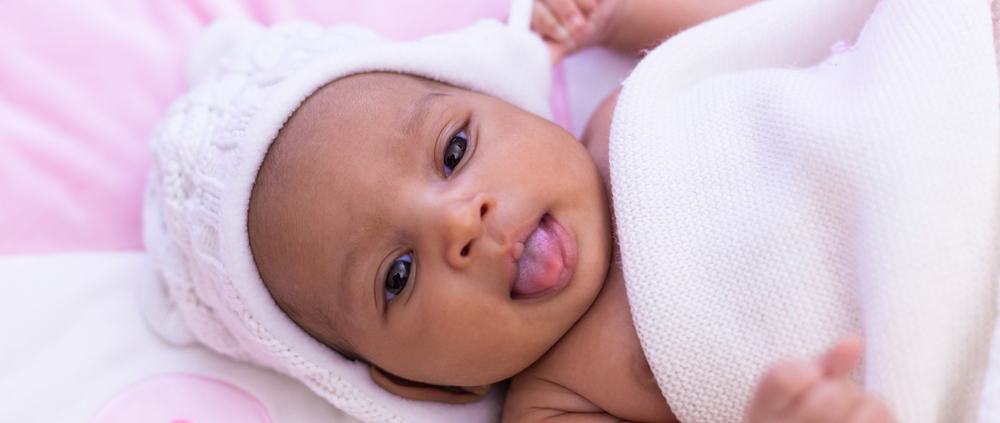What to Expect During a Newborn Hearing Screening
You’ve made plans to bring your newborn home for the first time. The crib and changing table are all set up. Your drawer is full of diapers and supplies. Your family is anxiously awaiting the new arrival. But before you take your precious newborn home, she will need a newborn hearing screening.
Why Does My Newborn Need a Hearing Screening?
The hearing screening is one of several screenings a baby receives in the hospital before going home. Screenings can confirm that your baby is healthy and strong. They can also make you aware early of any challenges the baby may have.
If your newborn does have hearing loss, it is best to find out early. When you do, you can take steps to help them learn and grow well with the condition.
What Can I Expect During a Newborn Hearing Screening?
According to the CDC, 98% of infants in the US get a hearing screening. Before 2006 these screenings were regulated individually by the states, but experts identified a need for uniform testing for the health of our children. Today, newborn hearing screenings are regulated by national standards.
Newborn screening includes two tests. Both tests take about 10 minutes and cause no pain. These tests can even be performed while your baby sleeps.
Automated Auditory Brainstem Response (AABR) Test
In this first test, the doctor measures how the hearing nerves and brain respond to sound by playing a set of clicks and tones into your newborn’s ears using special headphones. They will place electrodes on your baby’s skin in specific areas on the head. These allow the docs to measure how the brain and nerves respond to sound.
Otoacoustic Emissions (OAE) Test
In the second test, they measure sound waves produced in the inner ear using a small probe to detect the echoes that sound makes.
What Do Docs Look for During a Newborn Hearing Screening?
In the first newborn hearing screening, doctors look at how the brain and nerves respond to sound. If the brain responds to sound, then they know the baby can hear something. In the second test, I make sure the sound waves move into the inner ear, where they can interact with the tiny hair cells that help pick up the sound waves that the auditory nerve will convert into the sounds we hear.
What If My Newborn Fails/Passes the Newborn Hearing Screening?
A failed test doesn’t necessarily mean your child is deaf or hard of hearing since fluid and other factors may impact the test. If your newborn doesn’t pass the test, I can perform additional tests to confirm or reject the results.
If Baby does pass, it’s critical to get ongoing tests at ages 4, 5, 6, 8, and 10 years. Hearing can change as your child grows. Further tests during the teen years are also a good idea. Even if I did not perform the initial screening, I will perform these follow-up screenings in my office to confirm healthy hearing or identify hearing challenges as your child grows.
These days, you have many practical and cost-effective hearing options to support your child who is hard of hearing.
What Does a Hearing Screening Tell Me About Baby’s Overall Health?
Deafness or hard of hearing may be a sign of a larger health condition like:
- Treacher Collins syndrome
- Branchio-Oto-Renal syndrome
- Usher syndrome Type 1 and Type 2
- Waardenburg syndrome
- Alport syndrome
- CHARGE syndrome
It’s important to identify this as early as possible. Early intervention can help your baby have a more healthy, quality life.
Did your baby recently have a newborn screening that confirmed possible hearing challenges, or would you like to schedule ongoing pediatric screenings as your child grows? Please contact my office to schedule an appointment.



